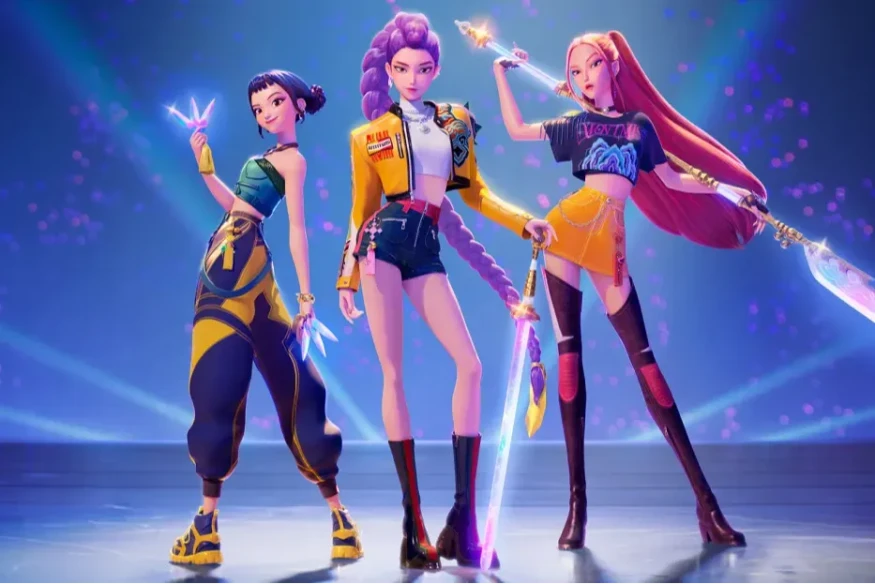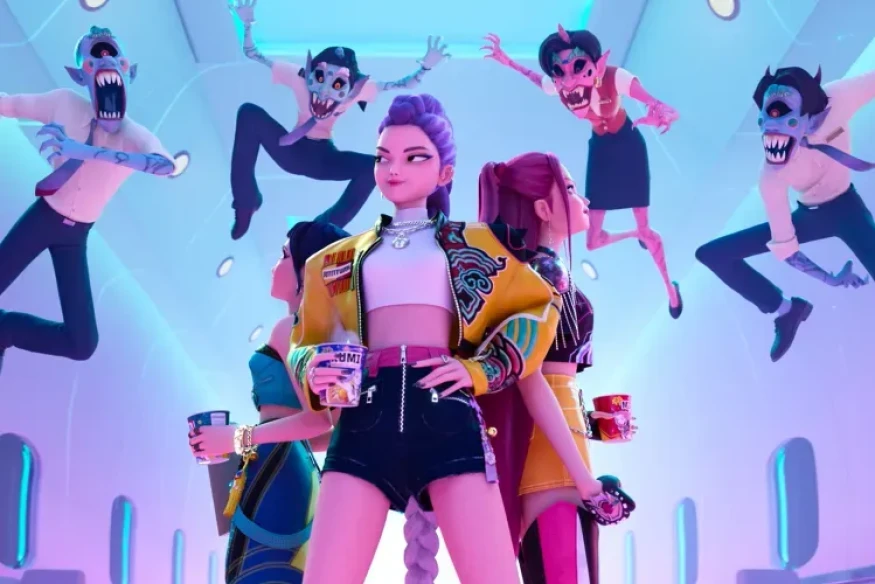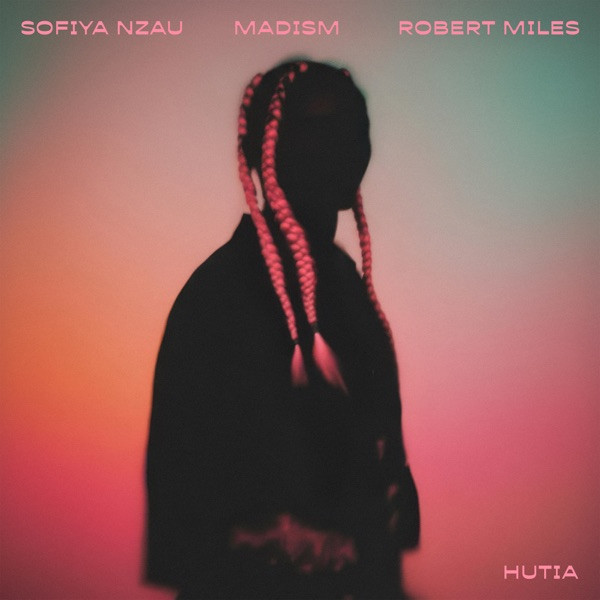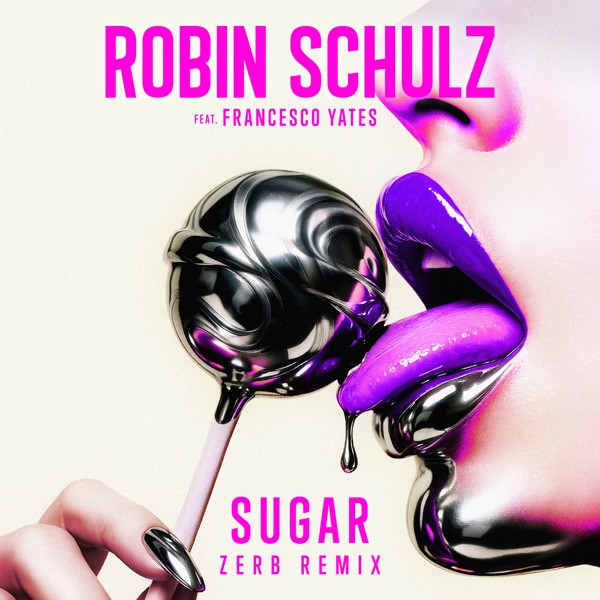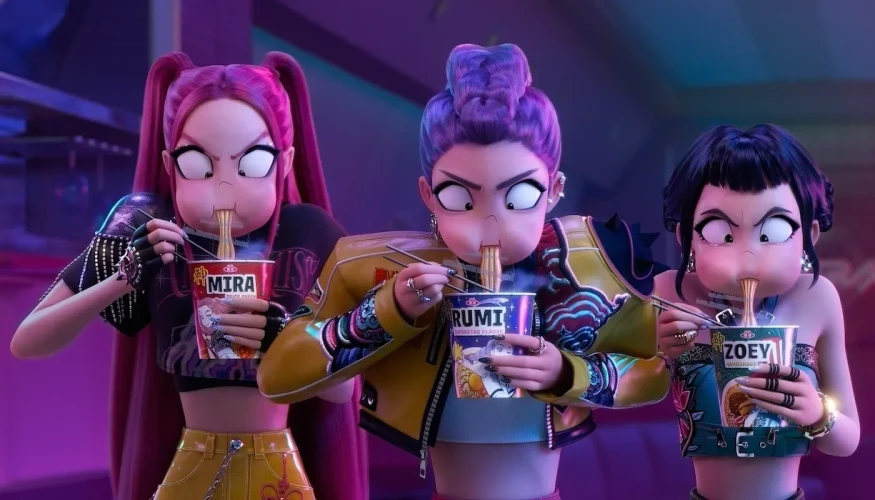
Six weeks at No. 1 and counting — HUNTR/X’s Golden from KPop Demon Hunters is breaking records, outshining Encanto and rewriting pop history
The Golden fever is real! HUNTR/X just pulled off the kind of chart domination we haven’t seen in years. Their soundtrack single “Golden” from the Netflix animated surprise hit KPop Demon Hunters has been sitting at No. 1 on the Billboard Hot 100 for six consecutive weeks, surpassing Encanto’s “We Don’t Talk About Bruno” and smashing every soundtrack record of the decade. The last time a movie song had this kind of cultural chokehold was back in 2015 with Wiz Khalifa and Charlie Puth’s “See You Again” from Fast & Furious 7.
KPop Demon Hunters wasn’t just another animated release. It became a global phenomenon, blending the world of K-pop with the magic of cinema. The fictional girl trio HUNTR/X — voiced by EJAE, Audrey Nuna, and REI AMI as characters Rumi, Mira, and Zoey — achieved what no other Korean female group had done before: topping the Billboard Hot 100. Not only that, but they held onto the crown for six straight weeks, a feat even legendary girl groups struggle to match.
Golden is more than just a soundtrack single. It’s now the longest-running No. 1 song by an animated group in the 67-year history of the Hot 100. That stat alone says everything about how pop culture has embraced the new wave of storytelling through music and film. The soundtrack pulled off something extraordinary: four songs simultaneously in the Billboard Top 10. While Golden shines at No. 1, Saja Boys’ “Soda Pop” sits at No. 5, “Your Idol” holds No. 6, and HUNTR/X’s “How It’s Done” rounds out the Top 10. It’s a cultural moment rarely seen in today’s music landscape.
What’s even more impressive? Golden isn’t slowing down. The track is racking up over 32 million weekly streams, 30 million radio impressions, and around 7,000 sales in the U.S. It’s been nine weeks at No. 1 on the Streaming Songs chart, and radio keeps pushing it higher. Digital sales are steady, proving this isn’t just a viral blip — it’s a movement.
By overtaking “We Don’t Talk About Bruno,” Golden now sits alongside iconic soundtrack anthems like “See You Again” and Eminem’s “Lose Yourself” from 8 Mile. It joins the elite league of soundtrack smashes such as Destiny’s Child’s “Independent Women Part I” from Charlie’s Angels and Pharrell Williams’ “Happy” from Despicable Me 2.
For girl groups, Golden is historic. It’s now the third-longest-running No. 1 by a girl group, only behind Destiny’s Child’s “Independent Women Part I” and TLC’s “Waterfalls.” It has already outlasted classics like “Wannabe” by the Spice Girls, “No Scrubs” by TLC, and “Best of My Love” by The Emotions. An animated K-pop group sharing space with these legendary names? That’s a pop culture twist no one saw coming.
The movie itself has become a landmark event. KPop Demon Hunters is the first soundtrack to land four tracks in the Top 10 at the same time — turning a fun animated release into a full-on cultural revolution. It’s more than a film; it’s a phenomenon that fuses K-pop, animation, and global streaming culture into one explosive package.
Of course, competition is fierce. This week’s Billboard Hot 100 also features Alex Warren’s “Ordinary” holding strong at No. 2, Sabrina Carpenter’s “Manchild” at No. 3, and Morgan Wallen’s “What I Want” at No. 4. Pop, country, and K-pop are clashing at the top of the charts, but Golden is proving it has the staying power to unite audiences across genres.
Other heavy-hitters are still making noise — Justin Bieber with “Daisies,” Teddy Swims with “Lose Control” spending over 100 weeks on the chart, and Twenty One Pilots scoring the biggest rock debut in six years. But nothing is eclipsing the Golden phenomenon.
HUNTR/X’s Golden isn’t just a hit. It’s a statement. It proves that soundtracks can still dominate, that K-pop’s influence stretches far beyond its traditional audience, and that pop culture will always find new ways to reinvent itself. Three young women lending their voices to animated characters have achieved something many of the decade’s biggest acts couldn’t — and judging by the momentum, this story is far from over.
